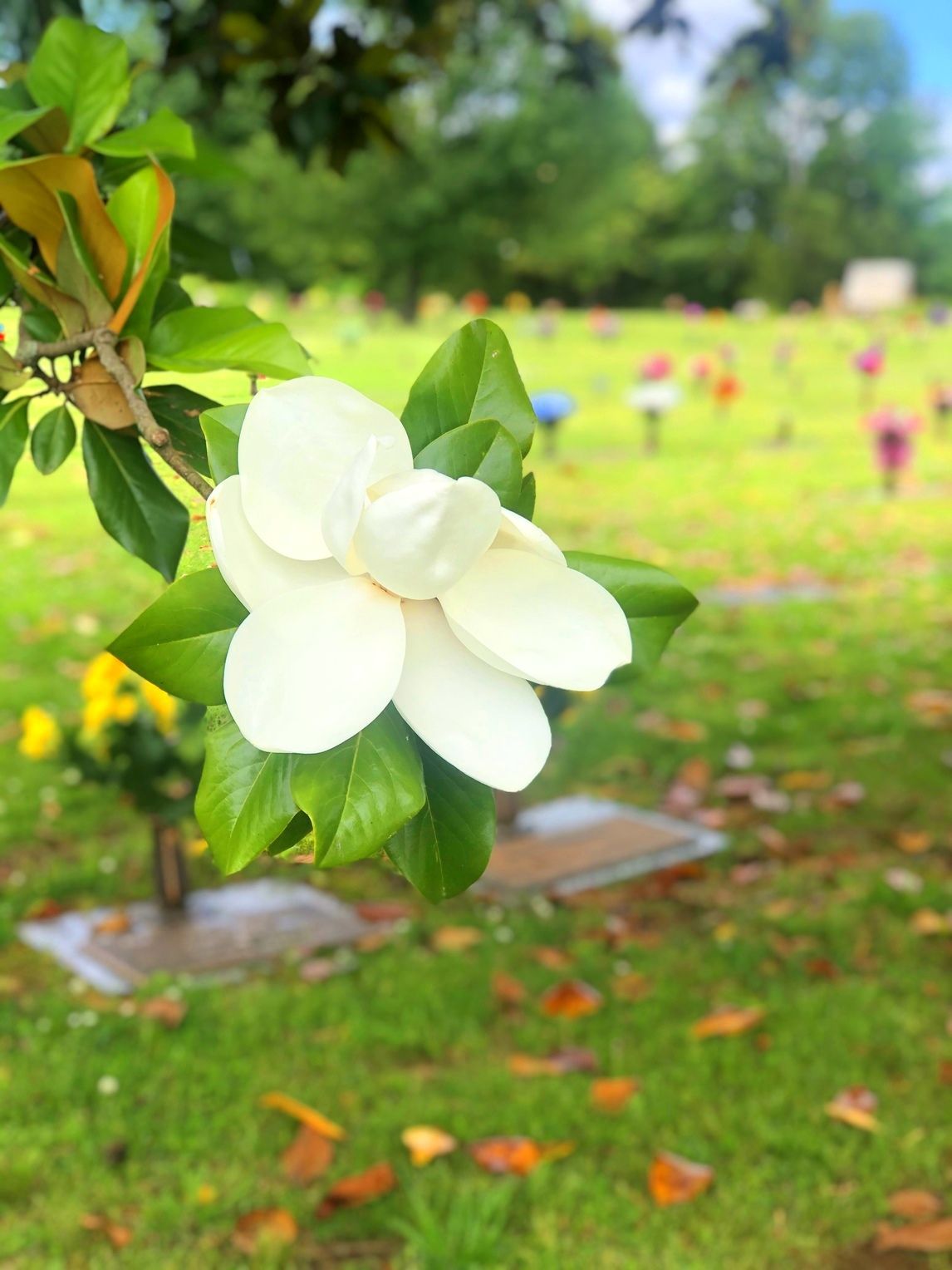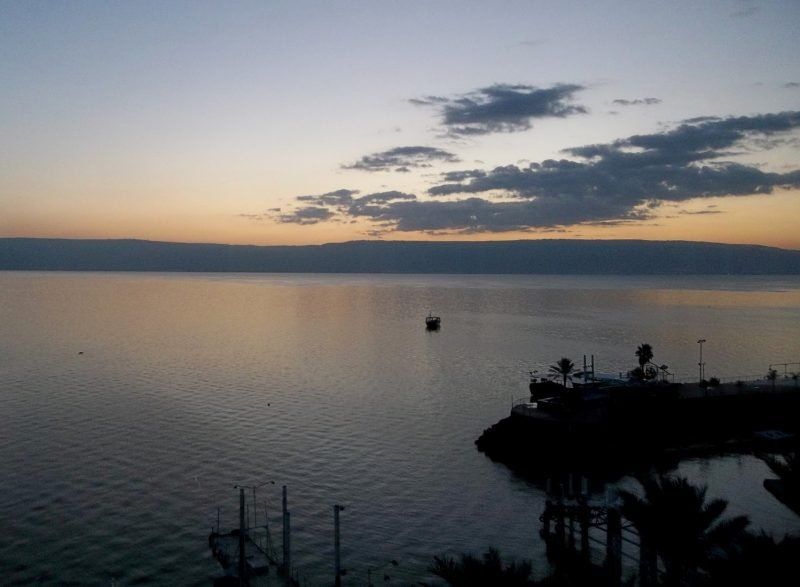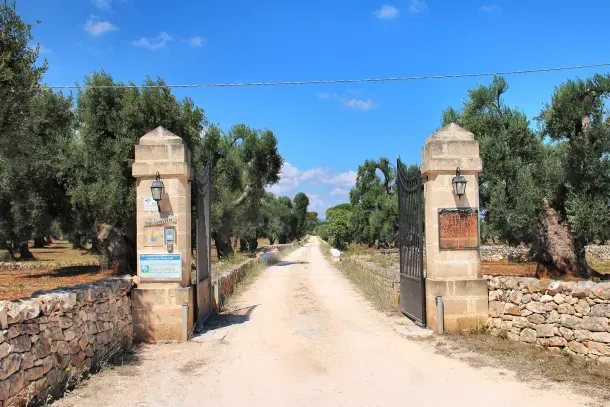By Greg Woodruff 2
•
December 19, 2024
Christmas was my wife’s Nanaw’s holiday. She didn’t consider it done properly without presents. The price of the presents was irrelevant - stocking stuffers were fine, but if you didn’t pick out or make something for your family, you weren’t doing Christmas properly and were getting out of it without investing time into each other. This was unbearable. When she was too weak to go shopping she paged through catalogs and sent her grandchildren out to stores to fetch presents for her. To consider Christmas stressful and commercial was to miss the point and do it incorrectly. Christmas was a gathering, a thankfulness, a joy. And if you didn’t see it that way she would pout until you pretended to. Life was not kind to her. Her mother was one of seven children - six girls and a boy who died young. Nanaw’s grandfather died before all of his girls were grown. The world wasn’t gentle to single women with children and work was hard to find. They worked in cotton fields, leaving the house while it was still dark to work all day, the smaller girls dragging bags of cotton bigger than they were. It was with this earthy determination that Nanny raised Nanaw. In the cotton fields, in empty houses, in churches miles from their home, and in the silence of their own hearts. A buoyant, happy girl with more boyfriends than we know the names of, Nanaw never suffered from lack of heart. She left her mother and father to go to typing school, got homesick, and came back. Her people were more important than a future she wasn’t sure she believed in. She met her husband while he was still in the army and they wrote letters until he was home for good. When the youngest of their three children was still a toddler, Nanaw got home from church to find her own father dead in the kitchen, a victim of a self-inflicted gunshot wound after years of depression. When her children were grown and married, she returned home from work to find her husband on the floor, dying from an aneurysm. She packed a bag and took it to the hospital for when he came home. But he never did. She opened doors and death awaited. Her mother grew weaker and weaker and began to suffer from Alzheimer's - sometimes living in another world entirely, forgetting where she was, what year it was, and what reasons she had for still living. She finally slipped away altogether, Nanaw sitting beside her. When Nanaw herself began to slip into the memory loss that slowly smothered her own mother, she began calling us. Every day. Many times a day. Usually to tell us she didn’t have our phone number and wasn’t sure how to get in touch with us. She worried about her people. She worried that no one would answer, and that the next door that opened would reveal tragedy. But there were no more tragedies for her. Only for us. And now we open doors to find the rooms empty. We took a box of snapshots up to her room at the nursing home and asked her who they all were. Images of people we didn’t know, couldn’t recognize, didn’t remember, who lived for us only in her mind. We knew that once she was gone, they died with her. Some of them were family - aunts and uncles and cousins, long dead or moved away. Then my wife would show her one of a young man standing next to an old truck and she would say “Oh I didn’t know him. He delivered milk. I just thought he was cute.” Or a picture of a boy we didn’t know and had never seen before and she would say “Oh he was my boyfriend.” Who were these strangers that lived in her head? That she carried in her heart until the day she died? They lived, for us, only in her. And now they are gone forever. I fear that someday she, too, will be gone forever, shrinking with each generation until there is nothing left of Nanaw but a name and a picture of a lady with ostentatious, gaudy jewelry. Christmas reminds me of this. Of the shrinking. Our beloved dead growing smaller and smaller. But it is not true. They grow larger. Their influence becomes more important. Their actions, their beliefs, their stories, become part of us, informing our lives and our decisions. She lives on in my unwitting daughters, who reach for shiny jewelry and exult in stacking their arms with bright, cheap bracelets without consideration of public opinion. Christmas is a door we open with trepidation every year, because for those of us who have lost someone, it opens to tragedy. A fresh death every time we remember. Some years, especially the first after a death, sorrow squirms close, leaning in nearer than the hope that sustains us. We are overwhelmed with mourning. Their absence touches everything. Sometimes there are large pieces of them left over - maybe they already bought gifts, or prepared food, or sent cards. It makes their absence less real and more painful at once. Life is a relentless assault of grief against our hope. Days that were strongholds of love become overtaken by the enemy, become losing battles in a war against despair. And that’s ok. Some battles you lose. But they are not the end. There is hope. There is always hope. Because any world that creates a holiday out of the hope for peace and joy is a world worth living in. May we be truly thankful - now and always - for love strong enough to be felt as grief. Remember that you are never alone and never forgotten.












